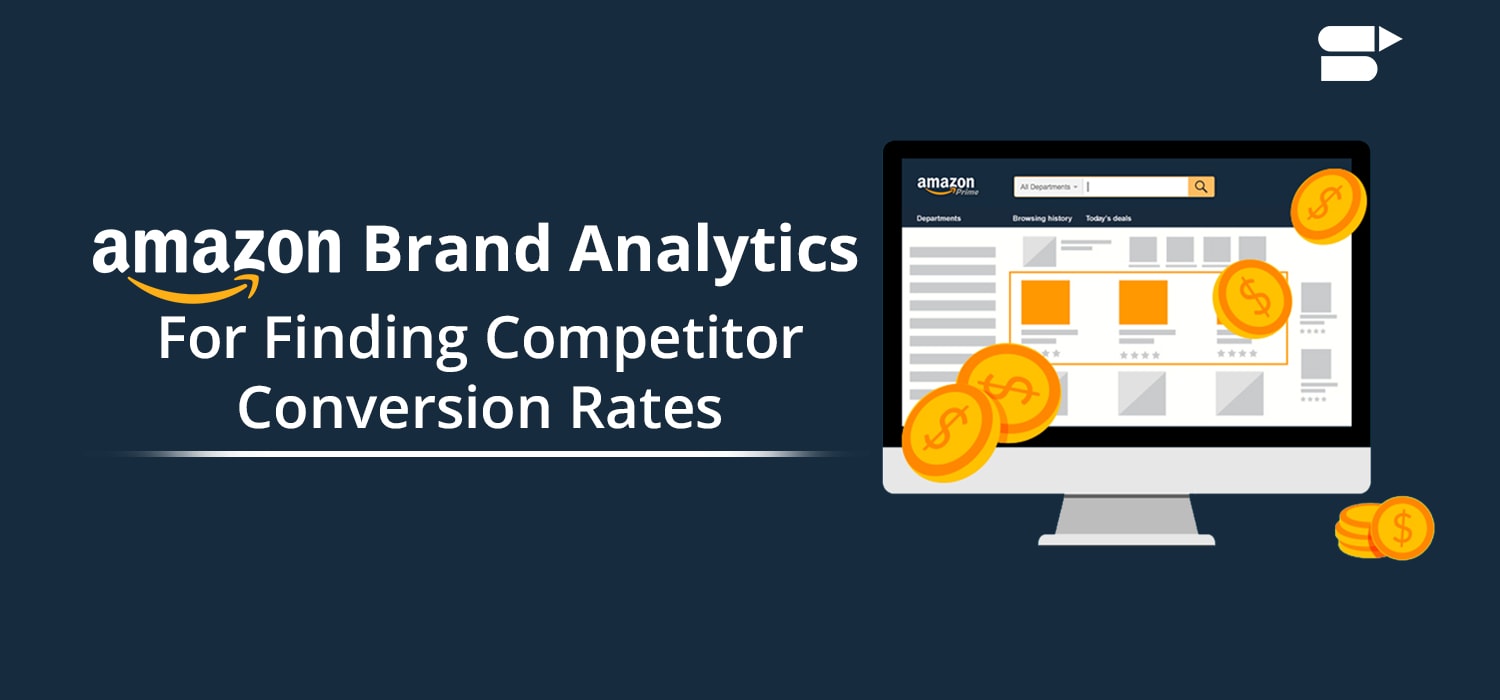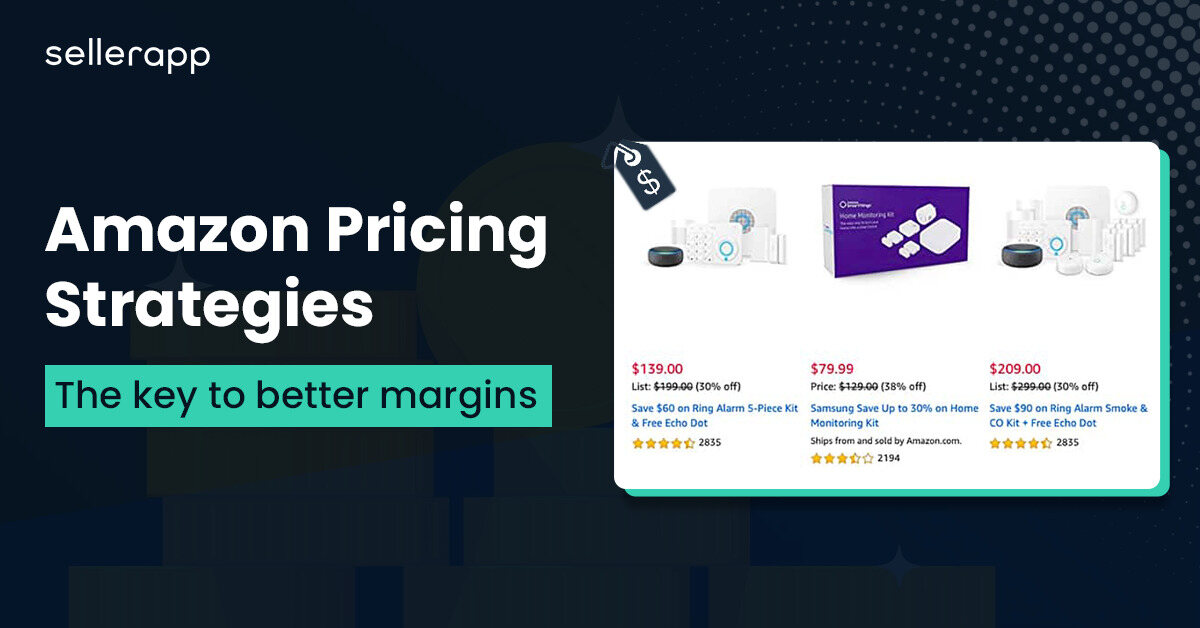Artificial Intelligence in E-commerce: How AI is Changing Online Shopping For the Better

Unless you have been hiding underground, waiting for the world to end for a couple of years, you must have heard about artificial intelligence at some point.
Especially in 2023, AI is beginning to embed itself into all aspects of our lives – from home appliances to security systems – artificial intelligence is just about everywhere.
But when it comes to e-commerce, artificial intelligence (AI) is there to revolutionize business operations.
Shopify recently acquired Primer, an AI-powered styling app, to help personalize and create a more immersive customer experience.
Another major e-commerce player Walmart also acquired Zeekit. This virtual fitting room startup uses AI and computer vision to create realistic simulations of how clothing looks on different body types.
It will allow Walmart to enhance its online fashion offerings and give customers more confidence and convenience.
Now if you’re reading this, chances are you’re on the hunt for ways to enhance your e-commerce business experience with the power of artificial intelligence.
This article explores the benefits of using AI for e-commerce and why it’s a game-changer for businesses and consumers alike.
Here’s a quick peek into the article:
- How Is AI Bringing Change to E-commerce?
- The Future of E-commerce: Benefits of Using Artificial Intelligence in E-commerce
- Final Thoughts
How is AI Bringing Change to E-commerce?
In the ever-evolving landscape of e-commerce, AI is emerging as a game-changer, revolutionizing the way businesses operate. From AI image and text generation solutions, to AI testing tools used to enhance legacy software, AI is quickly becoming foundational to modern e-commerce.
Now, let’s dive into how some e-commerce giants like Amazon, Alibaba, eBay, and others are using AI to enhance their competitive edge and drive success.

Amazon, known for its innovation, uses AI-powered Alexa to understand customer demand and provide personalized product recommendations. In fact, studies have shown that Amazon’s recommendation engine generates a staggering 35% of its total sales.

JD.com, on the other hand, a Beijing-based e-commerce giant, has partnered with Siasun Robot & Automation Co Ltd. to optimize their warehouse operations using automation.
With generative AI service and robotics, they are aiming to streamline their product sorting and delivery to achieve cost reduction and revenue growth.
Furthermore, JD.com also plans to leverage AI to enhance efficiency and cut its manual workforce from 120,000 to 80,000 over a decade.

Alibaba, a key player in the e-commerce market, has embraced AI assistants like Tmall Genie and Ali Assistant to gain a competitive edge in the market.
Their AI-powered customer service chatbot handles an impressive 95 percent of written and spoken customer inquiries.
Additionally, Alibaba utilizes AI for smart product recommendations, search enhancements, and efficient delivery route mapping.
Alibaba has implemented a smart logistics system that has already yielded a 10% reduction in vehicle use and a 30% reduction in travel distance.
Another e-commerce giant, eBay, implemented Shopbot – an AI-powered shopping assistant that helps users to find relevant products.
Customers can interact with the assistant through voice, text, or by uploading pictures, and the bot gives accurate information to the shoppers.
Benefits of Using Artificial Intelligence in E-commerce
Picture a shopping experience where the products on display adapt to your unique preferences and past purchases.
Or imagine getting personalized product recommendations that perfectly align with your taste – even though you didn’t know you needed that item.
This is no longer a dream but a tangible reality thanks to the rapid absorption of AI in online e-commerce. It is reshaping the online shopping experience from the core – offering shoppers unparalleled speed, customization, convenience, and personalization.
Recommended read: Amazon Review Software Tools to Increase Sales.
Here are some of the transformative benefits of AI in e-commerce:
Provide Customized Visual Search Experience
Until now, customers were not very keen on the e-commerce search experience because, most often, product recommendations were irrelevant to their needs.
However, AI can bridge the gap by recognizing products from images and providing relevant results to shoppers.
Imagine this; a shopper spots someone with a trendy pair of shoes. They just snapped a quick picture – upload it on search, and the AI-powered tool gives recommendations of all the similar items.
Then the shopper just needs to sort through the products, find the one they like, and make a purchase. It makes the shopping experience so much smoother.
Enhanced Product Visuals
Customers often feel let down when the received product doesn’t match the expectations set by online images. To help customers with more accurate representation, sellers can use an AI photo generator to display items more attractively.
This involves employing high-resolution images, close-ups, and interactive elements for a better shopping experience.
Now, consider the Amazon AI Image Generator, which will help you with this. It automates the creation of visually appealing product images, ensuring each listing is optimized with maximum visual impact. This tool is handy for advertisers running Amazon Advertising campaigns.

How does it work?
The Amazon AI Image Generator uses advanced generative AI technology to generate various lifestyle and brand-themed images based on product details—in a matter of seconds.
Advertisers can further customize these images by providing specific text prompts.
This customization feature allows advertisers to create images that showcase their products and perfectly capture their brand essence.
To know more about Amazon AI Image Generator, check out this video:
Retargeting Shoppers
It’s no secret that e-commerce needs retargeting strategies to re-engage customers and increase conversions.
Most e-commerce businesses are already overloaded with unmanageable customer data. But, this is a goldmine to improve retargeting and enhance the sales cycle.
This is where AI can play a critical role. It ensures that your marketing resources don’t go waste on leads that won’t convert.
AI can analyze the data and provide valuable user insights that can be used to build personalized communications and offers to retarget potential customers down your sales funnel.

For example, a company called Retargeted.ai uses AI to target people who leave your website without making a purchase. They look at people’s behavior and use smart predictions to understand who will likely buy. Then, they create personalized ads to grab their attention and increase conversions.

Another example is McDonald’s, the popular fast-food chain. They use IBM Watson to retarget local visitors and get them to visit their stores. They also use weather and location data to show customized ads to shoppers at the right time and place, increasing their chances of stopping by.
Enhance personalization for customers
In recent years, creating personalized and relevant ads has become a top priority for brands – especially because 80% of shoppers are likely to buy from brands that provide customized shopping experiences.
Not only that, around 50% of shoppers feel that brands can do a better job at aligning their messaging with customer preferences.
Advertisers have turned to AI-powered conversational marketing to achieve this level of personalization. This innovative approach helps establish a personalized connection with customers, improves brand relationships, and enhances the overall shopping experience.
The benefits of providing personalized experiences are significant for brands. It not only improves their return on investment (ROI) and strengthens customer loyalty and relationships.
Recommended read: How to get started with Walmart Connect.

One excellent example of conversational marketing is Behr Paint – a leading manufacturer and supplier of paints, primers, and stains. They used AI-based conversational marketing to provide personalized recommendations to shoppers based on answers to a series of questions.
They also use chatbots to engage with customers and assist them in a helpful manner.
Additionally, they use AI to generate product imagery to showcase how different paint would look at the shoppers’ homes in different lighting conditions. To further enhance personalization, brands are increasingly collaborating with ai consulting companies that specialize in developing tailored solutions for e-commerce. These agencies can provide insights into customer behavior and preferences, allowing brands to create more effective targeted campaigns.
Check out this guide to know about Amazon return pallets.
Filter fake reviews
Filtering fake reviews has long been a prominent issue in the world of e-commerce. The influence of online reviews on consumer behavior is undeniable, with a staggering 90% of users acknowledging their impact on purchasing decisions.
However, amidst the sea of genuine feedback, fake reviews present a significant challenge, compromising the accuracy of purchasing choices and eroding consumer trust.
So, how can artificial intelligence in e-commerce manage this problem?
Amazon uses an AI-powred algorithm to combat fake product reviews and ratings on their listings. It considers the verified customer purchase tag and “marked as helpful” metric by other users to detect fake reviews.
Automated Inventory Management
With its ability to analyze data, make predictions, and automate processes, Artificial intelligence (AI) in e-commerce is transforming the way inventory management is handled.
Businesses can easily gather valuable insights to develop effective strategies and anticipate product needs with AI-powered data mining and tools like image to text converter can assist by extracting text from images of inventory documents, making the data editable, updatable, and storable, thus aiding in better data management and analysis.
AI solutions also accurately analyze demand patterns, detect fluctuations, and consider location-specific factors to optimize inventory levels, minimizing the risks of overstocking or understocking.
Moreover, AI-powered robots reduce human workload and boost logistics efficiency.
By adopting AI in inventory management, e-commerce businesses can streamline operations, increase customer satisfaction, reduce costs, and enhance overall efficiency.
Create Unique Marketing Campaigns
It’s frustrating to pour hard-earned time and money into creating campaigns only to see insignificant results. However, with the power of AI, marketers can create tailored campaigns that resonate with their audience and achieve a better ROI. By harnessing the power of AI report generation and campaign optimization, marketers can unlock new levels of efficiency, effectiveness, and engagement
Recommended read: Types Of Data Available In Amazon Marketing Stream

For example, companies like Coca-Cola are already reaping the benefit of AI in their marketing campaigns. They have created the “Create Real Magic” platform, which allows digital artists to generate original artwork with Coca-Cola’s branded assets. And the best entries will be featured on Coke’s digital billboard in New York and London.
Another example is the “Masterpiece” campaign, showcasing a Coca-Cola bottle traveling through history’s most well-known paintings and sculptures.

With this, Coca-Cola is using AI to enhance its creativity, innovation, and consumer engagement.
Enhanced Product Search
In the ever-evolving e-commerce industry, brands are constantly looking for ways to enhance the product search experience for their customers.
And with the power of AI, brands have been able to achieve this and provide a personalized search experience to customers.

For example, Clarifai – an AI-powered product recognition platform, is helping e-commerce brands provide a better search experience based on visual and text inputs.

Another prominent player is Gepard – an AI-powred content management system that helps e-commerce companies write and update unique and powerful product descriptions. It improves product quality and consistency across all channels and languages.

Vue.ai, on the other hand, specializes in AI-powered site search solutions tailored for retailers. With this tool, sellers can accurately personalize the search result based on customer preferences and behavior.
For example, customers can enjoy personalized sorting of search results based on their past purchases and browsing history, ensuring a seamless and satisfying shopping experience.
Real-Time Pricing Optimization
Deciding the right pricing for your product is tough.
There are several factors to look at – competitors’ pricing, CoGS, shipping cost, and client demand before deciding your pricing strategy.
However, researching this all takes time, especially if you have an extensive product portfolio.
But what if I say AI can do it for you automatically?
Yes, AI can analyze competitors’ pricing, product demand, and other factors and change your product pricing in real-time to stay competitive and profitable. It’s called Dynamic Pricing.
For example, the AI algorithm can increase the price when the competitors’ stocks are low and vice versa.

Amazon is one e-commerce marketplace that utilizes dynamic pricing well. Whenever competitors in a category offer promotions or discounts, they gradually increase or decrease the pricing by 20%.
Combat counterfeit products
Nowadays, counterfeiters are getting so good at copying products that it becomes difficult to differentiate them from the original products.
So much so that The World Customs Organization (WCO) has estimated the total counterfeit industry is worth $503 billion – 3.3% of the entire e-commerce sales.
The problem with counterfeit products is that they can only be detected upon delivery. Often counterfeit sellers use the original product description and images on their listings. Since the customer can’t detect counterfeit with the listing, they purchase the product and get scammed.
However, AI has the power to fight counterfeit products. It uses deep learning algorithms and computer vision to recognize fakes from originals.
Two shoes can look identical to the human eye, but AI can observe tiny details, like if the fabric pattern is off or if the texture is different, and detect fakes based on that.
For example, Alibaba launched its Big Data Anti-Counterfeiting Alliance in January 2017 to fight against counterfeits. In this alliance, big corporations like Samsung, Louis Vuitton, Swarovski, and Huawei work together to bring fake products down with the help of AI and big data.
Amazon is not behind. They have launched Project Zero – an anti-counterfeiting program that helps sellers to identify and report infringements of intellectual property rights.
It also uses AI and machine learning to detect counterfeit listings and report them on Amazon.
Learn more about it from the detailed Project Zero Guide.
Final Thoughts
With so many use cases, AI for e-commerce is becoming more critical than ever.
This technology offers many unique advantages that others don’t – from saving time on monotonous tasks and creating an exceptional customer experience to identifying counterfeits. AI can do it all.
On top of that, generative ai tools like ChatGPT in e-commerce can revolutionize the way brands interact with shoppers.
Now, we get it. Change can be scary. Maybe you’re still on the fence about adopting AI into your business.
But remember – in this fast-paced world, standing still means getting left behind.
So, grab the incredible opportunities AI brings to the table.
Also, drop your thoughts, experience, and doubts in the comments below, and let’s spark a conversation about AI in e-commerce.
Additional Read:
7 Strategies to Optimize CLV: CAC Ratio
Key Differences: Etsy vs. Amazon
Amazon’s Generative AI: How It Can Help in Amazon Product Listing
15 E-commerce Marketing Strategy
AI Chatbot for Ecommerce: Top 5 Bots to Drive Business Growth











Vaishali
September 26, 2023Great article and I really like the way you present your post!
Clare Thomas
March 15, 2024Glad you liked the article.
Bruce
March 12, 2024Very informative!
Clare Thomas
March 15, 2024Thank you.
Liam Joseph
August 10, 2024Very engaging post.
Clare Thomas
August 14, 2024Thank you!
Jackson Mitchell
August 10, 2024Really liked this article.
Clare Thomas
August 14, 2024Glad that you like it.
Ryan Matthew
August 11, 2024Really interesting.
Clare Thomas
August 14, 2024Thanks!
William David
August 11, 2024Thanks for the knowledge.
Clare Thomas
August 14, 2024You are welcome.
Isaac Bennett
August 11, 2024Appreciate your insights.
Clare Thomas
August 14, 2024Thanks for your support.
Jaxon Everett
August 13, 2024Thanks for the guidance.
Clare Thomas
August 14, 2024Thank you for your feedback.
Charlotte Jane
August 13, 2024Very informatic, explained well regarding AI in E-commerce, Beneficial for Amazon sellers.
Clare Thomas
August 14, 2024Thank you for your valuable feedback.